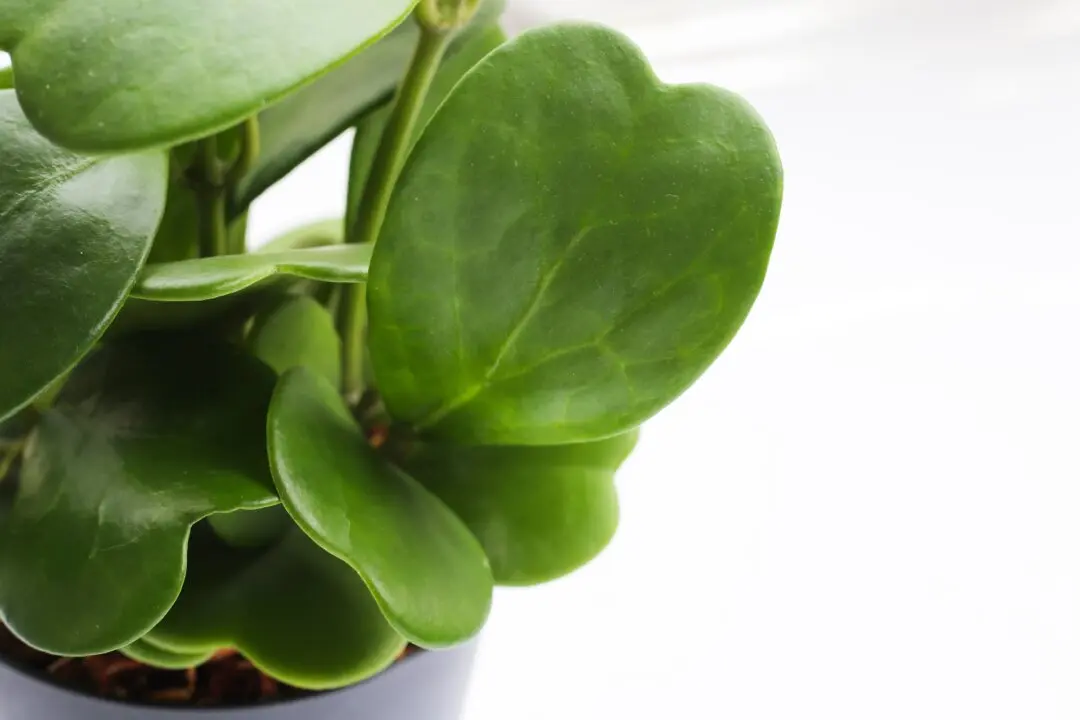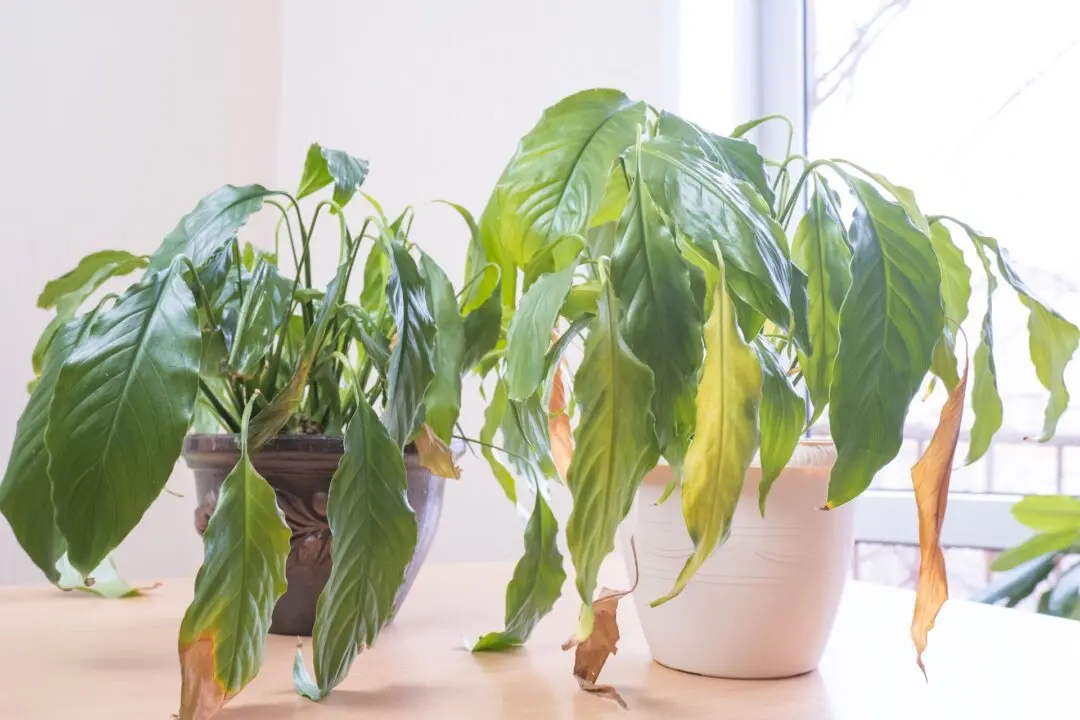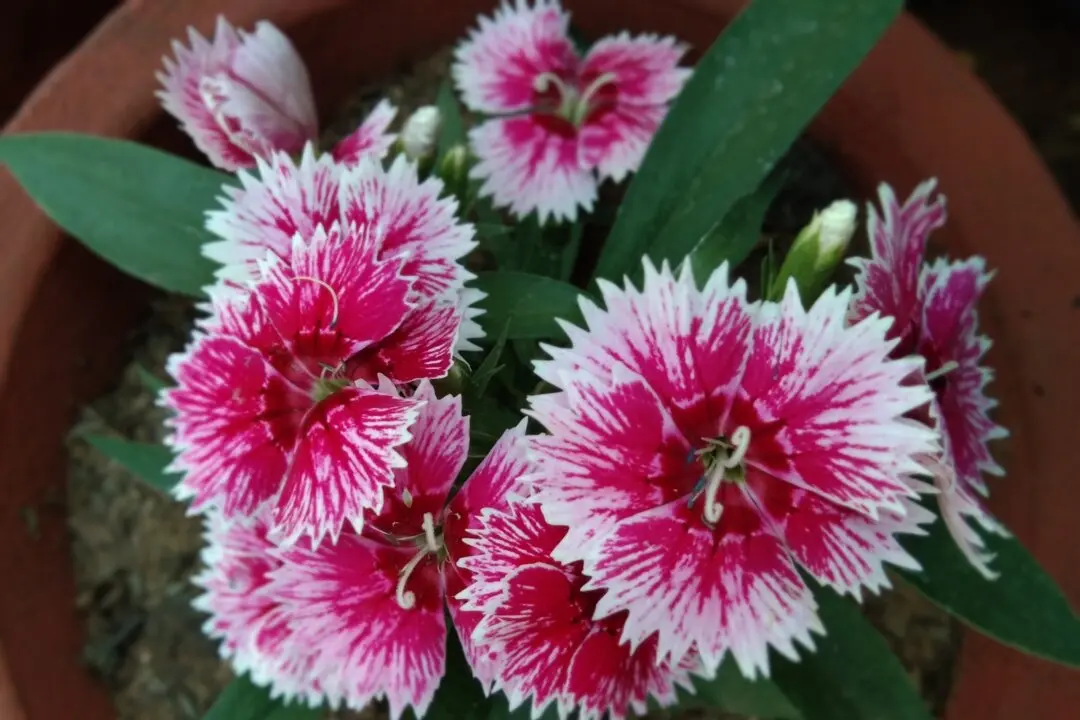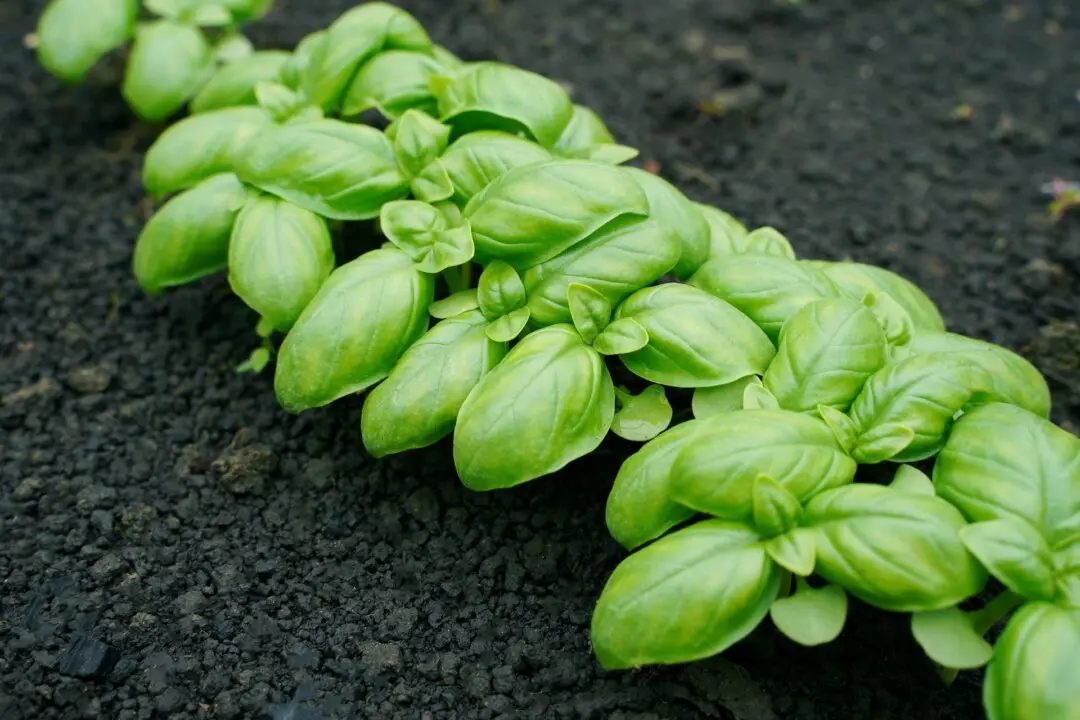Q: Back in the spring, we planted several 10- to 15-foot-tall trees around our new house. We tried to keep up with the watering, but the trees looked a bit wilted all summer long. Now that they are going dormant for the winter, is there anything special we can do to help them?
A: You did not say if the trees came from a pot or if they were transplanted. If they were in a pot, then they had all their roots. The roots would have grown out into the surrounding soil as long as the watering kept the soil damp. If the trees were transplanted, they would have spent much of the summer just trying to grow new roots to replace the ones lost in the transplanting.





